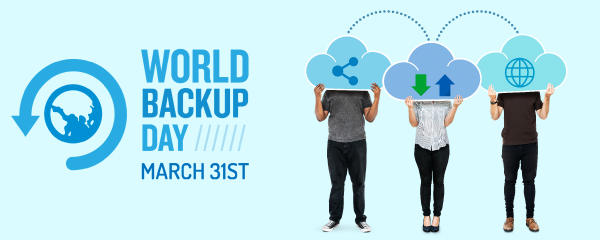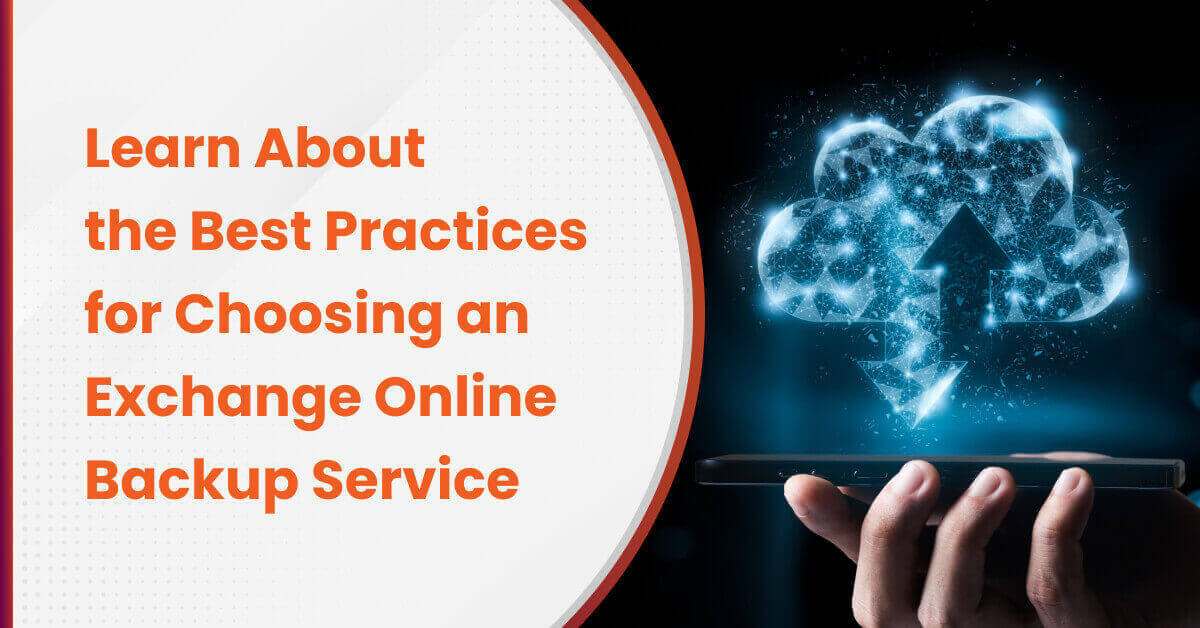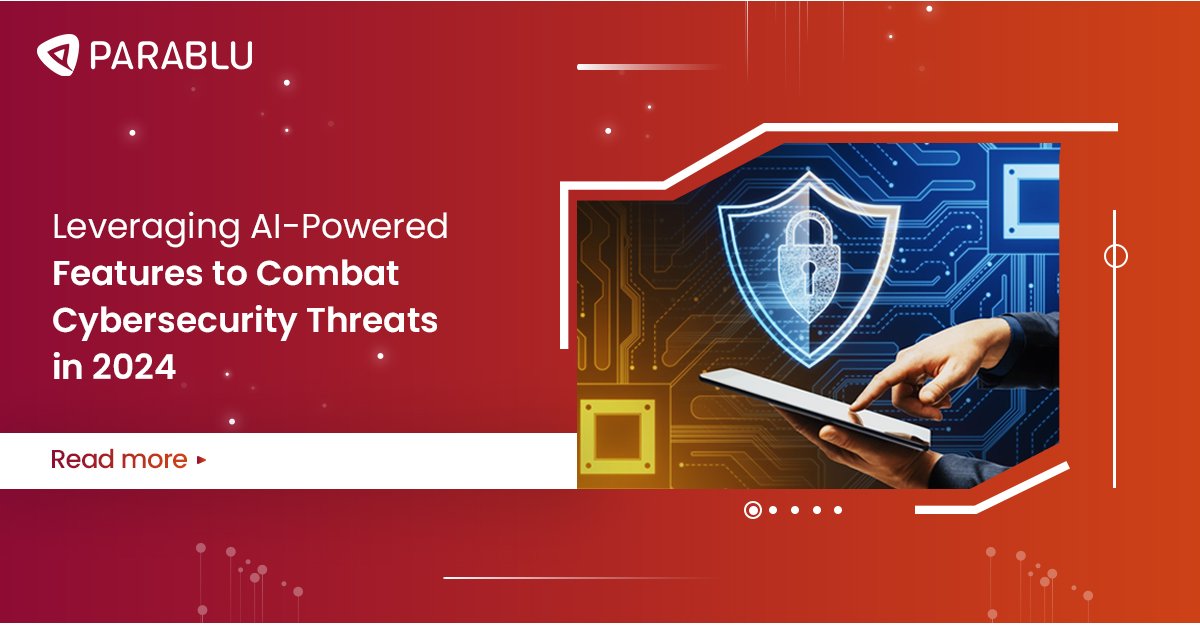Data Backup Has Never Been More Important
This World Backup Day, people the world over are dealing with an existential crisis. And Data Backup happens to be more important than ever.

Your current backup deployment may not support employees working from their homes. Or perhaps the backup solution you’ve chosen doesn’t. Or perhaps you don’t have a backup strategy that covers your end-users. In a time of crisis, it may seem tempting to relax the rules and say ‘let it be’. But this is the time to tighten up your enforcement and make sure you protect end-user data. Your risks in terms of data loss and data leaks have probably never been greater!
A data loss or a leak can leave a business empty-handed, and also have it staring at potentially hefty fines and a serious loss of goodwill. Most times, people associate backups with the ability to bring back a folder, file, or laptop in the case of an accidental loss of data. While accidental data loss is in itself a pretty good justification to create and enforce a backup strategy, several other factors make backups a no-brainer.
In this blog post, we give you the 5 most common and important reasons that should make you jump on the backup bandwagon. In our experience, besides accidental data losses (i.e. spilling coffee, disks went bad, lost laptops, etc.) we’ve seen most businesses list one or more of the following reasons as the rationale for why they care so much about their backups. Let’s take a closer look at each of them…
Why should you backup your data?
Regulatory Compliance
Many businesses function in highly regulated verticals like banking, financial services, or healthcare. Even companies outside these verticals if doing business internationally need to stay compliant with regulations like Sarbanes-Oxley (SOX) or the General Data Protection Regular (GDPR). The accountability that these regulations impose, drives businesses to put together processes in place to preserve and secure their data assets.
GDPR, the sweeping new data privacy regulation brought into effect last year by the EU is now in full force and applies to all companies collecting and processing personal data of EU subjects. The GDPR requires data breaches to be reported within 72 hours of discovery. In fact, Google and Facebook were hit with lawsuits to the tune of $8.8B the very day GDPR came into effect, and since then Honda, Flybe, and a host of others have already been impacted. GDPR is a regulation with considerable teeth, and failure to comply has already led many organizations to cough up huge sums in penalties.
Since the time GDPR came into effect, a widespread awareness of privacy has led many countries across the world to draft laws with the principles underlying GDPR as the basis. Having backups of data is one of the most essential steps to gain compliance and GDPR expects that businesses should have “A process for regularly testing, assessing and evaluating the effectiveness of technical and organizational measures for ensuring the security of data processing”.
Read: Four Ways Your Backup Strategy Impacts GDPR Compliance
Ransomware
Ransomware is a form of malware that has existed for well over a decade but has taken on a visibly destructive form only over the last few years. It operates by encrypting files on the infected computer and then demanding a bitcoin ransom in return for the decryption key.
On average, ransomware costs companies $75 billion each year worldwide, and the frequency of attacks is increasing. The malware underground sells RaaS (Ransomware as a Service) software to enable malware authors to easily create ransomware variants and turn them loose on unsuspecting businesses. Last year, two Florida cities were attacked – Riviera Beach paid $600,000 in ransom and Lake City almost $500,000 to get their data back. Loss of data via ransomware can also disqualify a business from compliance causing other regulatory fines to mount. Is it now commonly acknowledged that the best defence against ransomware is to have a secure backup – so the business cannot be held hostage by the attacker. Best practices dictate that you place your backed-up data in a geographically separated location (possibly a cloud destination) and ensure it is securely authenticated – preventing ransomware from spreading to it.
Insider Threats
One more driver for backups is insider threats. This could be a malicious employee trying to get back at their employer, or a disgruntled worker trying to cause damage before they leave the organization. A common occurrence is the deliberate deletion of valuable data from company assets before the assets are returned.
Automatically scheduled backups that work silently and reliably are the best way to protect against such an eventuality, and we’ve spoken with several customers who implement backup strategies for this reason alone.
Disk Encryption
One more interesting driver for backups is using full-disk encryption tools. Many enterprises fear that the encryption software may deny data access to the enterprise or a knowledge worker should they forget their decryption password or simply if the encryption software should malfunction. This could result in a serious and irreparable loss of valuable data. Having a redundant copy of the latest data in a secure location is the best hedge against this kind of occurrence.
DIY Just Doesn’t Work
Administrators have forever tried to get end users to take responsibility for their data. Or to make sure they copy data onto a file server, or into their OneDrive folder, or make a backup to external USB drives. Unfortunately, we are yet to find a single administrator who can tell us that such a “Do It Yourself” approach worked. And such an approach is even less likely to work with your employees working out of their homes. Leaving end-users responsible could leave you at the receiving end of a regulatory compliance penalty or a lawsuit. Have an enterprise-grade solution that can give you daily/weekly/monthly reports on backup performance is an essential part of an Administrator’s toolset and should not be overlooked.
At this time, with your employees working from home (WFH), you need a reliable backup solution that
- Is hosted in certified data centers,
- Has minimal impact on your user endpoints
- Is easy on network bandwidth utilization
- You can manage centrally via policies
- Keeps your data secure both in transit and at rest
- Lets you control encryption keys
- Uses industry-standard protocols like HTTPS and a well-known port like Port 443
Talk to us if you are interested. Parablu has an outstanding solution that is tried and tested for such scenarios all the time. What’s more, we’re offering free backup licenses for a limited time to qualified prospects.
If you want to learn more or sign up, just write to us at info@parablu.com and someone will be sure to call you.




